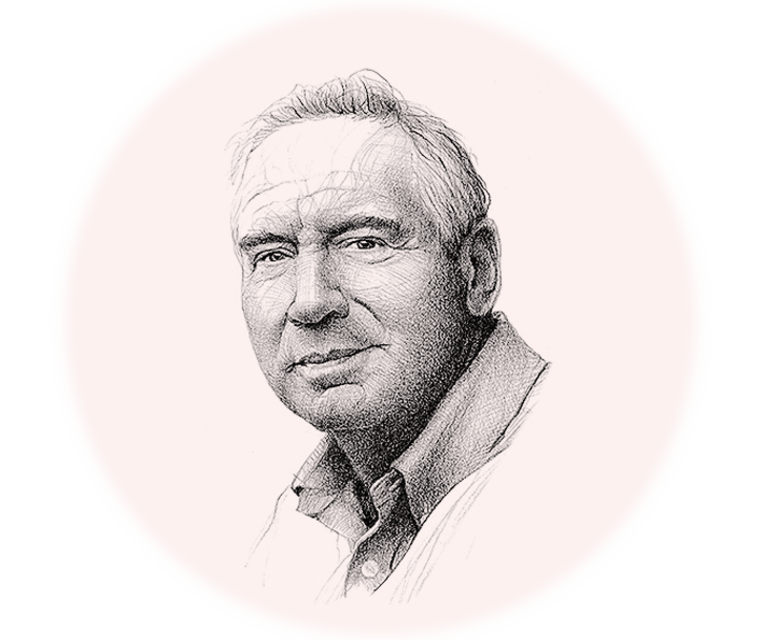
Also in the United States, a quarter of nurses are now looking for other jobs
Where did those papers on the tracks and square wheels of the trains go? A few years ago, this was a cause of chaos on the railways, but we haven’t heard anything about it for a long time. This is not to say that things have improved much on Dutch railways, on the contrary, but nowadays the arsenal of excuses for delaying or canceling trains has become more extensive and diverse.
If this is not a “logistical constraint,” it means there is an equipment shortage, reduced staff availability, delayed work, a switch failure, a computer fault, a broken antenna line, or a ladybug on the track.
However, all these problems pale in comparison to the operation of trains in Germany. No train really runs with a delay of less than 45 minutes or is canceled altogether, the timetable is an incoherent mess of inconsistent communications, and there is a complete lack of information about the status of the trains. Things are not much better in Belgium or England. The encouraging conclusion is therefore that desperate rail traffic is not a uniquely Dutch problem, but occurs everywhere in Europe.
Other major problems are not limited to the Netherlands. Manpower shortages are a central issue around the world, and one of the biggest threats to the economy and prosperity. In the Netherlands, we complain of a shortage of healthcare workers and too many people moving from one job to another as self-employed people.
Compare that to the United States, where a quarter of nurses are now looking for other work, and the proportion of “freelance” health care workers has risen to about 25 percent. In England, where the shortage of healthcare workers has been made up for decades by bringing in large groups of people from India or the Philippines, it is now clear that healthcare professionals can find good work anywhere in those countries, so why They keep coming to Europe? ?
Even the excess nitrogen we have created, and the associated intentional reduction in livestock numbers, is not a uniquely Dutch problem, although opponents of this policy repeatedly say so. The numbers of pigs, cattle and sheep are also declining in Belgium, Poland and Austria.
In short, the great problems of our time are not national problems, but are usually at least prominent in other European countries or even on a global scale. It is interesting that we rarely look outside for solutions and our small country tries to reinvent the wheel to solve every problem.
It is likely that if we had a more international perspective on resolving crises, we would find better answers more easily. For the Netherlands, this essentially means that European cooperation and Brussels are not the cause of our difficulties, but are often the place where we can find the solution to our many problems.
Marcel Levy is Chairman of the Board of Directors of the Netherlands Organization for Scientific Research (NWO). Previously he was CEO of University College London Hospitals Chairman of the Board of Directors of AMC. Read all his columns here.
comment? [email protected].

“Travel enthusiast. Alcohol lover. Friendly entrepreneur. Coffeeaholic. Award-winning writer.”
